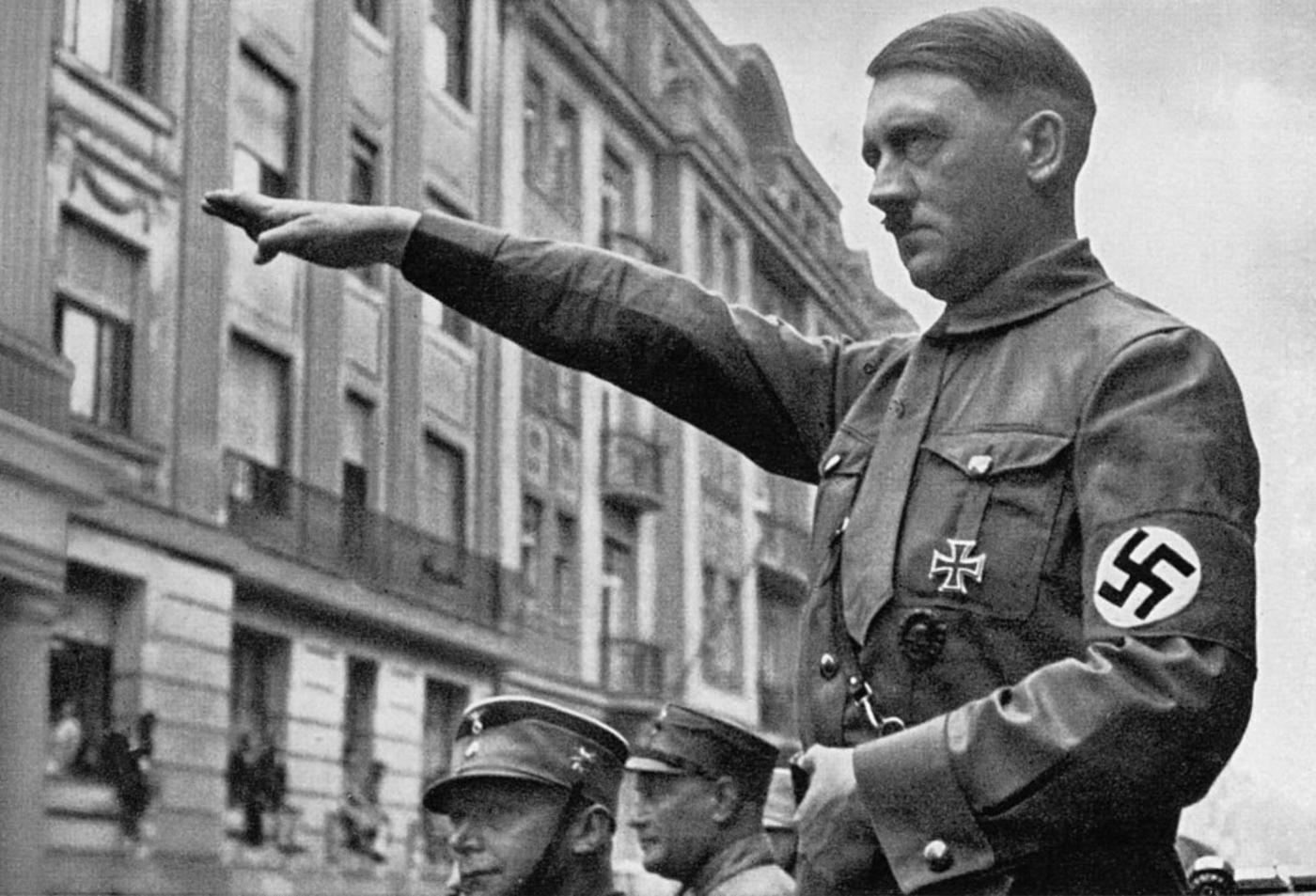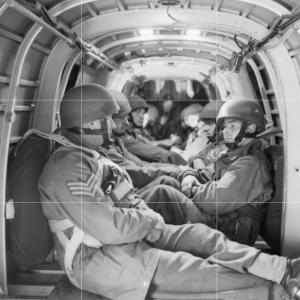
Adolf Hitler
Adolf Hitler was born on April 20, 1889, in Braunau am Inn, a small Austrian town near the German border. His father, Alois Hitler, was a stern customs official, and his mother, Klara, was gentle and deeply affectionate toward her son. From an early age, Adolf exhibited signs of rebellion and intense nationalism. His academic performance was inconsistent, and after the death of his father in 1903 and his mother in 1907, Hitler found himself increasingly adrift. He moved to Vienna with hopes of becoming an artist. However, his application to the prestigious Academy of Fine Arts Vienna was rejected twice, a failure that marked a pivotal moment in his life. He lived a precarious existence during these years, often staying in homeless shelters and struggling to survive.
While in Vienna, Hitler’s worldview began to form. The city was a melting pot of different ethnicities, religions, and political ideologies. It was during this time that he developed a strong disdain for Jews, a sentiment that was widespread among many nationalist and conservative circles in Vienna at the time. Hitler absorbed the anti-Semitic and German nationalist ideologies popularized by figures like Karl Lueger, the mayor of Vienna, and various pan-German thinkers who promoted the idea of racial purity and German supremacy. These views were further reinforced by Hitler’s personal failures and his need to assign blame for his misfortunes. He began to see Jews not as individuals but as the embodiment of everything he despised—capitalism, socialism, cultural modernism, and what he perceived as the decay of society.
After being denied admission to art school, Hitler spent several years in Vienna and later Munich, leading a directionless life. In 1914, with the outbreak of World War I, he enlisted in the German army, serving as a messenger on the Western Front. He showed bravery and was wounded twice, earning the Iron Cross for his service. The war gave his life structure and purpose, and he found in the army a sense of camaraderie and belonging that he had never experienced before. The sudden defeat of Germany in 1918 and the signing of the Treaty of Versailles was, for Hitler, a catastrophic blow. Like many Germans, he believed the nation had been “stabbed in the back” by socialists, pacifists, and Jews—groups he associated with betrayal and weakness. The humiliating terms of the treaty, which included significant territorial losses, military restrictions, and reparations, deeply embittered him and solidified his view that Germany had been wronged.
Following Germany’s defeat, Hitler returned to Munich and joined a small nationalist political group called the German Workers’ Party. His oratory skills and charisma quickly caught attention, and within a short time, he became the party’s leading figure. In 1920, the group was renamed the National Socialist German Workers' Party (NSDAP), or Nazi Party. Hitler crafted a platform that blended extreme nationalism, anti-Semitism, anti-communism, and a vision of Germany’s rebirth through strong leadership. He became a powerful speaker, attracting large crowds with fiery speeches that promised to restore German pride and punish those he claimed had betrayed the country.
In 1923, Hitler and his followers attempted to overthrow the Bavarian government in what became known as the Beer Hall Putsch. The coup failed, and Hitler was arrested and sentenced to five years in prison, although he served less than one. During his time in prison, he wrote the first volume of Mein Kampf, his autobiographical manifesto. In it, he laid out his ideological framework, including his deep hatred for Jews, his belief in the superiority of the “Aryan” race, and his vision of a Greater Germany. He painted Jews as the root of all evil in German society, blaming them for Germany’s defeat in World War I, for communism, for capitalism, and for the moral decay of German culture. The book became the ideological blueprint for what would later unfold during his regime.
After his release, Hitler focused on gaining power legally through the democratic system. The Nazi Party steadily grew in popularity during the economic turmoil of the late 1920s and early 1930s. The Great Depression had hit Germany hard, creating massive unemployment and social unrest. Hitler capitalized on the discontent, promising jobs, national revival, and a return to traditional values. By 1932, the Nazi Party had become the largest in the Reichstag, although Hitler still lacked a majority. In January 1933, under pressure from political and business elites who believed they could control him, President Paul von Hindenburg appointed Hitler as Chancellor of Germany.
Once in power, Hitler moved swiftly to dismantle the Weimar Republic and establish a totalitarian regime. After the Reichstag Fire in February 1933, he used the event to push through the Reichstag Fire Decree, which suspended civil liberties and allowed for the arrest of political opponents. The Enabling Act followed, giving Hitler the authority to enact laws without parliamentary consent. By the summer of 1933, all other political parties were banned, trade unions dissolved, and opposition silenced. The Nazi state, or Third Reich, was born, rooted in propaganda, terror, and a cult of personality around Hitler.
As Führer, Hitler pursued aggressive policies aimed at reversing the Treaty of Versailles, rebuilding Germany’s military, and uniting all ethnic Germans under one Reich. His regime also institutionalized his anti-Semitic ideology. Jews were systematically excluded from public life, targeted by discriminatory laws, and eventually subjected to violent persecution. What began as social ostracization and legal marginalization would, within a decade, escalate into the Holocaust—the industrial-scale extermination of six million Jews and millions of other victims deemed undesirable by the Nazi regime.
Hitler's rise to power was a convergence of personal ambition, social unrest, and historical circumstances. He transformed his bitterness over personal failure and Germany’s defeat in World War I into a radical ideology that found fertile ground in a wounded and desperate nation. Through manipulation, propaganda, and ruthless suppression, he built a regime that would plunge Europe into war and inflict suffering on an unprecedented scale.










